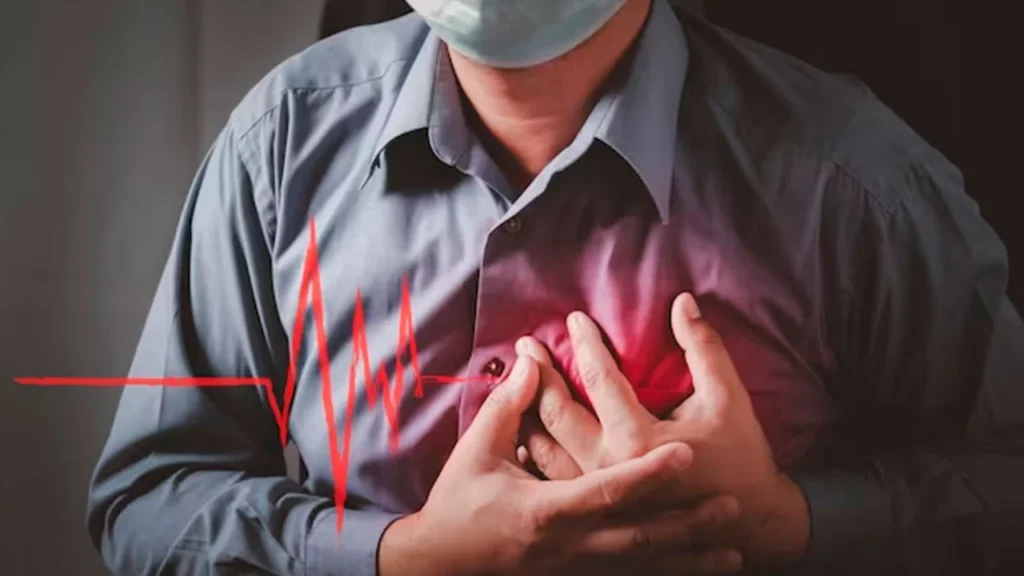Heart attacks are often sudden, but the body usually gives out early warning signs that should never be ignored. Recognizing these symptoms on time can save lives. Experts have identified three major signals that the body typically displays before a cardiac arrest strikes.
Constant Fatigue Without Physical Exertion
Unusual and persistent tiredness even without any physical effort can be an early sign of a heart issue. This type of fatigue is not the regular tiredness from work or lack of sleep but feels extreme and unexplained. It results from the heart working harder to pump blood through blocked or narrowed arteries.
Women are especially likely to report this symptom, and often dismiss it as stress or age-related tiredness. However, if the feeling continues for several days, medical attention is essential.
Discomfort or Pain in the Chest Area
Mild chest pain, tightness, pressure, or a feeling of heaviness is the most well-known symptom of a heart problem. It may come and go or feel like indigestion. Some people experience it while at rest or during sleep, and it may not always be sharp or intense.
Any kind of unexplained chest discomfort should be taken seriously, particularly if it spreads to the shoulders, arms, neck, or jaw.
Shortness of Breath with Light Activity
If you find yourself out of breath while climbing stairs, walking short distances, or even while sitting still, this may be a red flag. The heart and lungs work closely together, and reduced oxygen flow due to a weak heart can cause labored breathing.
When shortness of breath is combined with fatigue or chest discomfort, the likelihood of an impending heart attack increases significantly.
Take Action Early
These symptoms often appear weeks or even days before an actual heart attack occurs. Ignoring them may lead to life-threatening complications. Experts advise:
- Don’t wait for severe pain
- Seek medical help immediately
- Monitor blood pressure and cholesterol regularly
Being aware of the early signs of heart trouble can give individuals the time they need to act. Recognizing fatigue, chest discomfort, and breathing issues as potential warnings may be the difference between life and death.
Grab more recent updates on our WhatsApp Channel





















